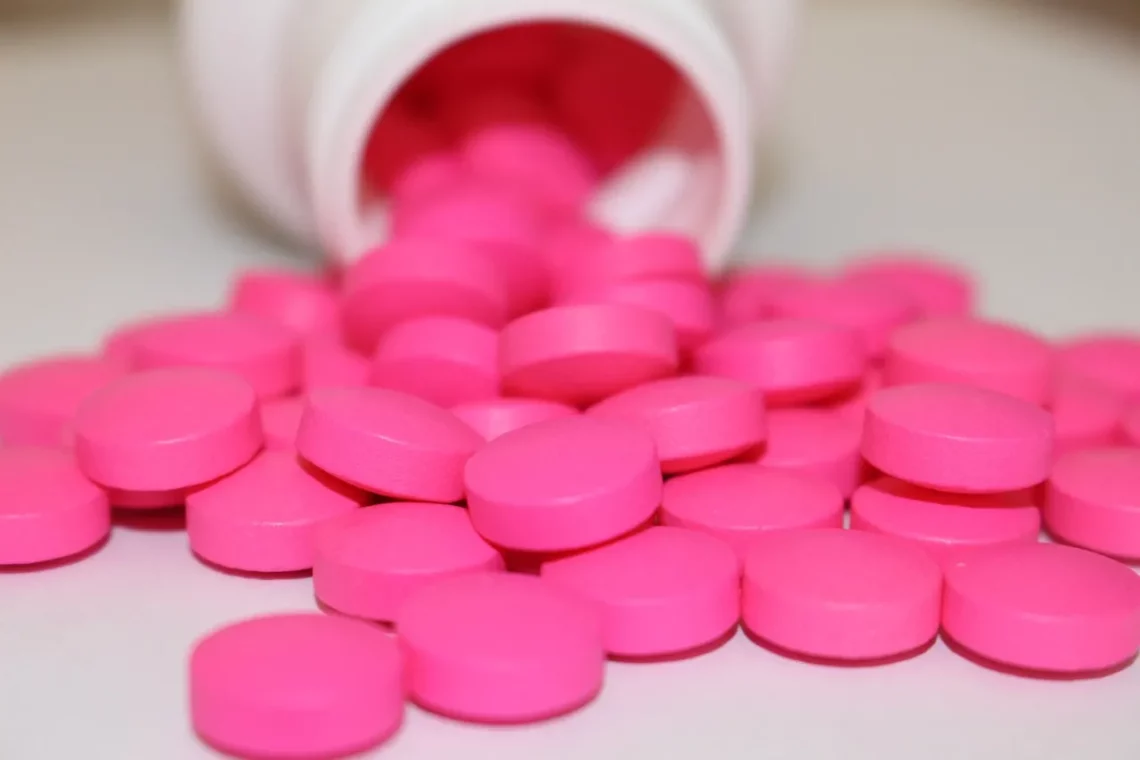
Effective Home Remedies for Cat Constipation You Can Try Today
Constipation in cats can be a distressing issue for both pets and their owners. While it’s a common problem, it can lead to more serious health issues if not addressed promptly. Cats, being creatures of habit, often exhibit specific behavioral signs when they are uncomfortable, and constipation can be one of those signs. These furry companions may become lethargic, show a lack of interest in food, or even exhibit signs of pain when attempting to use the litter box. Understanding the causes and solutions for this condition is essential for any cat owner looking to maintain their pet’s health and happiness.
Many factors can contribute to constipation in cats, including dehydration, dietary issues, and lack of exercise. As responsible pet owners, it’s crucial to be aware of these factors and take proactive steps to ensure our feline friends remain healthy. In addition to veterinary care, some effective home remedies may alleviate mild cases of constipation. Exploring these remedies can empower owners to take action quickly and confidently, promoting a healthier lifestyle for their pets.
In this article, we will delve into several effective home remedies that can be beneficial in addressing cat constipation. Each of these remedies can be easily implemented and may provide immediate relief for your furry companion.
Hydration: The Key to Digestive Health
One of the primary causes of constipation in cats is dehydration. Cats are often not great at drinking water, and a lack of adequate fluid intake can lead to dry, hard stools that are difficult to pass. Ensuring that your cat stays well-hydrated is crucial in preventing and alleviating constipation.
To encourage your cat to drink more water, consider using a cat water fountain. Many cats are attracted to moving water, and a fountain can entice them to drink more frequently. Additionally, placing multiple water bowls around the house can provide easy access to fresh water, encouraging your cat to hydrate throughout the day.
Another effective method to increase your cat’s fluid intake is to incorporate wet food into their diet. Canned cat food typically contains a higher moisture content compared to dry kibble, which can significantly aid in digestion and help prevent constipation. If your cat is resistant to wet food, try mixing a small amount into their dry food to see if they take to it.
If your cat is still reluctant to drink enough water, consider offering low-sodium chicken or beef broth as an alternative. Make sure it is free from onions and garlic, as these can be toxic to cats. Adding a small amount of broth to their food can enhance flavor and increase moisture intake, promoting better digestion.
Lastly, always ensure that your cat has access to fresh, clean water at all times. Regularly changing the water and cleaning the bowls can make a significant difference in encouraging your pet to drink more.
Dietary Changes for Better Digestion
Diet plays a pivotal role in a cat’s overall health, and making simple adjustments can significantly help with constipation. Fiber is essential in promoting healthy digestion, and increasing your cat’s fiber intake can help prevent and alleviate constipation.
One way to incorporate more fiber into your cat’s diet is by adding pumpkin puree. Plain, canned pumpkin (not the spiced pie filling) is rich in fiber and can help regulate your cat’s digestive system. Start by adding a teaspoon of pumpkin to your cat’s food, gradually increasing the amount if needed. Most cats enjoy the taste, and it can be a delicious addition to their meals.
Another option is to look for high-fiber cat food. Many brands offer specialized formulations designed to promote digestive health. These foods often contain added fiber sources, such as beet pulp and psyllium, which can help with regular bowel movements. When transitioning to a new food, do so gradually to avoid upsetting your cat’s stomach.
In addition to fiber, healthy fats can also play a role in easing constipation. Omega-3 fatty acids found in fish oil or flaxseed oil can help lubricate the intestines. You can add a small amount of fish oil to your cat’s food, but ensure it’s specifically formulated for cats to avoid any negative side effects.
Monitoring your cat’s weight is also essential. Overweight cats may be more prone to constipation due to a lack of physical activity. Encourage playtime and exercise to keep your cat active, which can, in turn, promote regular bowel movements.
Physical Activity: Encouraging Movement
A sedentary lifestyle can contribute significantly to digestive problems in cats, including constipation. Regular physical activity is crucial for maintaining a healthy digestive system and overall well-being.
Engaging your cat in play is an effective way to encourage movement. Use toys that mimic the behavior of prey, such as feather wands or laser pointers, to stimulate your cat’s natural hunting instincts. Short, frequent play sessions throughout the day can keep your cat active and promote regular bowel movements.
Additionally, consider providing climbing structures or cat trees in your home. These not only encourage your cat to climb and explore but also provide mental stimulation. A stimulating environment can help reduce boredom, which may otherwise lead to a more sedentary lifestyle.
If your cat is older or less active, gentle exercises can still be beneficial. Simple activities, such as rolling a ball or tossing treats for them to chase, can encourage movement without overwhelming them.
It’s essential to observe your cat’s behavior and adjust the level of activity according to their age and health condition. If your cat seems reluctant to engage in play, it may be a sign of discomfort or health issues that should be addressed with a veterinarian.
Incorporating regular playtime into your daily routine can significantly improve your cat’s physical health and aid in digestion, ultimately helping to prevent constipation.
Herbal Remedies and Natural Supplements
In addition to dietary changes and increased hydration, some natural remedies may provide relief for cats suffering from constipation. Certain herbs and supplements have been known to support digestive health and promote regular bowel movements.
One popular herbal remedy is catnip, which not only serves as a fun stimulant for cats but may also aid in relaxation and digestion. While catnip doesn’t directly address constipation, it can help reduce stress, which may alleviate some digestive issues. Offering catnip-infused toys or sprinkling dried catnip on their food can encourage your cat to engage and may help with relaxation.
Another natural supplement to consider is psyllium husk. This soluble fiber can help regulate bowel movements by adding bulk to the stool. It’s essential to introduce it gradually into your cat’s diet and ensure they are adequately hydrated while using it, as it requires water to work effectively. Always consult with your veterinarian before introducing any new supplements to ensure they are safe for your cat.
Additionally, probiotics can be beneficial for maintaining gut health. These beneficial bacteria can aid digestion and contribute to regular bowel movements. Probiotic supplements designed for cats are available, and they can help restore balance in your cat’s digestive system, especially after antibiotic use or during times of stress.
While these natural remedies can be helpful, it’s essential to monitor your cat’s response and consult your veterinarian if symptoms persist.
In summary, addressing cat constipation can often be managed with simple home remedies and lifestyle adjustments. However, if your cat continues to experience difficulty, a veterinary consultation is crucial to rule out any underlying health issues.
**Note:** This article is not intended as medical advice. Always consult a veterinarian for health concerns regarding your pet.




